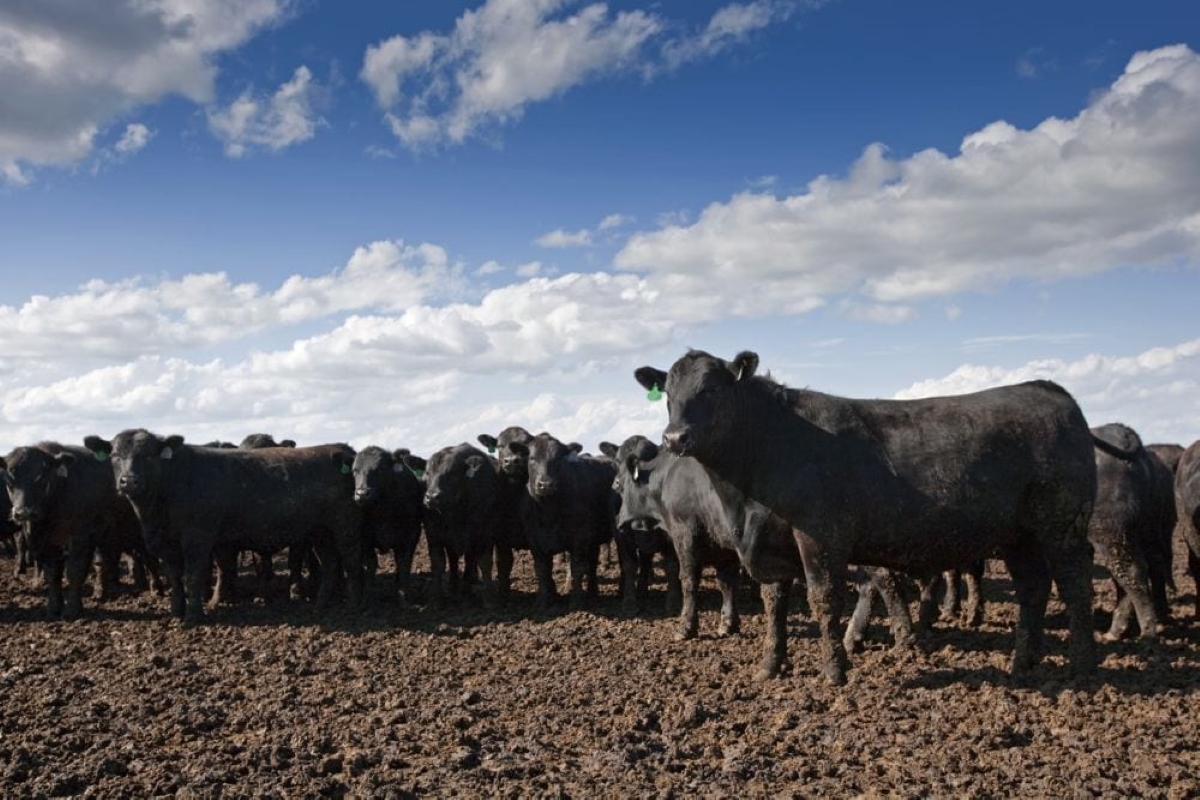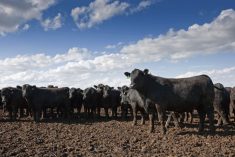The Manitoba government has a new strategy to tackle bovine tuberculosis.
For more than a decade, cattle producers around Riding Mountain National Park have dealt with the threat of TB because elk in the region are infected with the disease.
In co-operation with cattle producers, the province will strengthen traceability protocols to track TB through the beef supply chain.
“Manitoba’s status as a TB-free province comes at a significant cost to a relatively small group of producers, but allows the entire industry to access valuable marketing opportunities in other countries,” said Manitoba agriculture minster Ron Kostyshyn in a statement. “We will help move the industry to a new approach to improve accuracy and reduce costs to beef producers.”
Read Also

U.S. livestock: Cattle futures post limit-down losses
Cattle futures on the Chicago Mercantile Exchange were down by their daily limits on Wednesday, with speculative long liquidation a…
Through a five year, $150,000 program, the province will assist cattle producers in the Riding Mountain TB Eradication Area with risk assessments and help them register all cattle for a traceability system.
The system will connect animal ear tags to farm premises location. If beef processors detect the TB in an animal, the system will trace it back to a particular farm.
The traceability protocols will augment existing procedures, where producers in the Riding Mountain Eradication Area are subjected to herd-wide TB testing.
Kostyshyn said the enhanced traceability system might reduce the number of on-farm TB tests in the future.
“For years Manitoba’s beef producers have worked diligently towards the goal of bovine TB eradication, often at substantial cost to their operations,” said Heinz Reimer, Manitoba Beef Producers president. “(This) announcement helps recognize their efforts and it offers additional support as we work collaboratively to achieve this important goal.”















